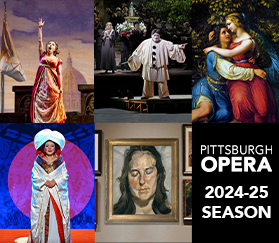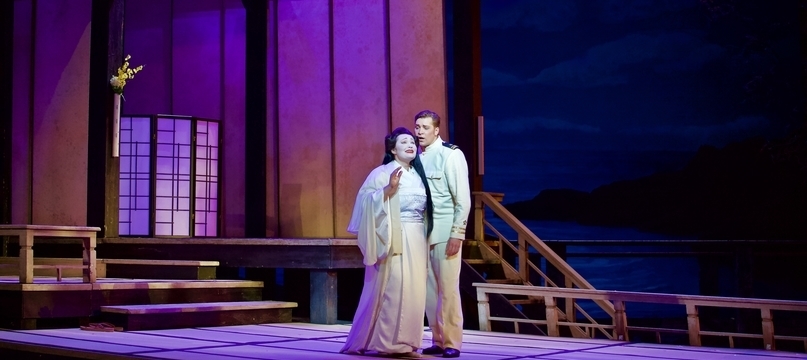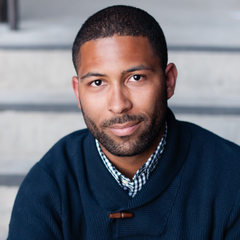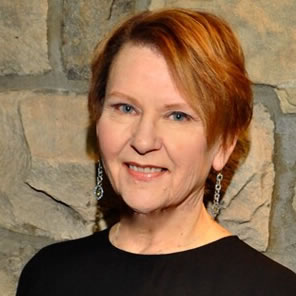ACT I. Nagasaki, around 1900. U.S. Navy Lieutenant B. F. Pinkerton inspects the house he has leased for 999 years from a marriage broker, Goro. Included with the house are three servants including Suzuki, the maid. They are expecting the bride, Cio-Cio San, known as Madama Butterfly, whom Pinkerton has purchased for 100 yen. To the American Consul, Sharpless, Pinkerton describes the carefree philosophy of a sailor roaming the world in search of pleasure (Dovunque al mondo). For the moment, he is enchanted with the fragile Butterfly, but when Sharpless warns that Butterfly may not take her vows so lightly, Pinkerton brushes aside such scruples, saying he will one day marry a “real” American wife. Butterfly is heard in the distance joyously singing of her wedding (Ancora un passo or via). Entering surrounded by friends and family, Pinkerton’s fifteen-year-old bride tells him how she had to earn her living as a geisha when her family fell on hard times. In a quiet moment (Vieni, amor mio!), Butterfly displays her few possessions—including figures of her ancestors—and then reveals that she has converted to Christianity. The celebration is interrupted by Butterfly’s uncle, a Buddhist monk, who curses Butterfly for having renounced her ancestral religion. Pinkerton angrily sends the guests away. Alone with the distraught Butterfly, he dries her tears (Viene la sera) and they proclaim their love under the immense starry sky (Vogliateme bene, un bene piccolino).
ACT II, Scene 1. Three years later, Butterfly waits for her husband’s return. As Suzuki prays (E Izaghi ed Izanami), her mistress stands with her eyes fixed on the harbor. When Suzuki shows her how little money is left, Butterfly urges her to have faith—one fine day Pinkerton’s ship will appear on the horizon (Un bel dì vedremo). Sharpless brings a letter from the lieutenant, but before he can read it to Butterfly, Goro appears with a handsome and wealthy suitor, Prince Yamadori. Brusquely dismissing both broker and prince, Butterfly insists her husband has not deserted her. Sharpless tries again to read the letter and suggests Pinkerton may not return (Ora a noi). Butterfly triumphantly carries in her child, Trouble, proclaiming that as soon as Pinkerton knows he has a son he surely will come back. If he does not, she would rather die than return to her former life. Both moved and frustrated by her blind faith, Sharpless leaves without revealing the rest of the letter. Butterfly, on the point of despair, hears a cannon shot. Now delirious with joy on seeing Pinkerton’s ship entering the harbor, she orders Suzuki to help fill the house with blossoms (Flower Duet: Una nave de guerra). Expecting Pinkerton to come running, Butterfly settles down to wait with Suzuki and little Trouble (Humming Chorus: Coro a bocca chiusa).
Scene 2. When Pinkerton still has not arrived at dawn, Suzuki insists that Butterfly rest. Before long, Sharpless enters with Pinkerton and Kate, his American wife. When Suzuki realizes who the woman is, she tearfully agrees to aid in breaking the news to her mistress. Seized with remorse, Pinkerton bids an anguished farewell to the scene of his former happiness (Addio, fiorito asil) and then rushes away. When Butterfly comes in expecting to find him, she finds Kate instead. Guessing the truth, the shattered Butterfly agrees to give up her child if his father will return for him. Then, sending even Suzuki away, she takes out the dagger with which her father committed Seppuku and bows before a statue of Buddha, choosing to die with honor rather than live in disgrace. As she raises the blade, Suzuki pushes the child into the room. Sobbing farewell, Butterfly sends him into the garden to play, then stabs herself (Con onor muore). As she dies, Pinkerton is heard calling her name.
-Adpated from Opera News





 Cast and Artistic Team
Cast and Artistic Team
















